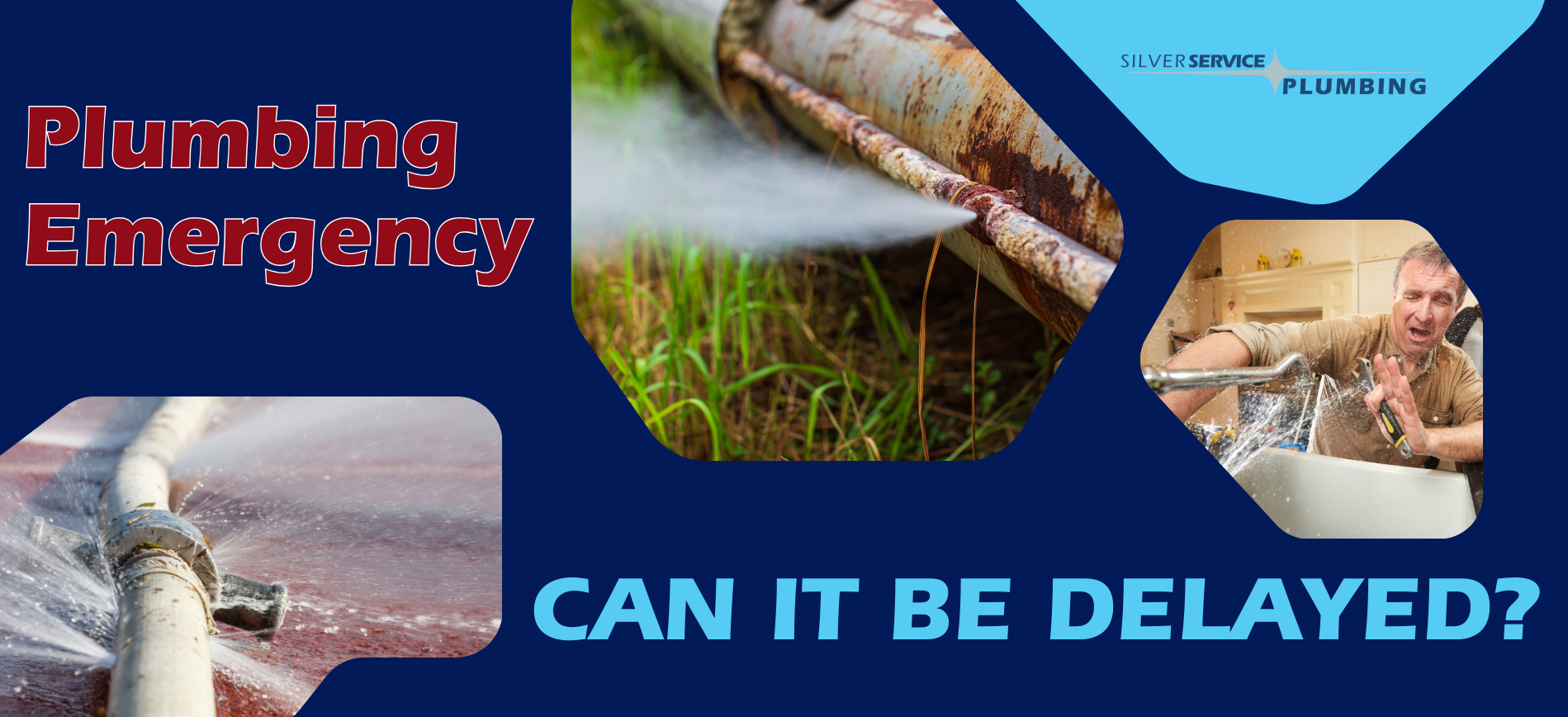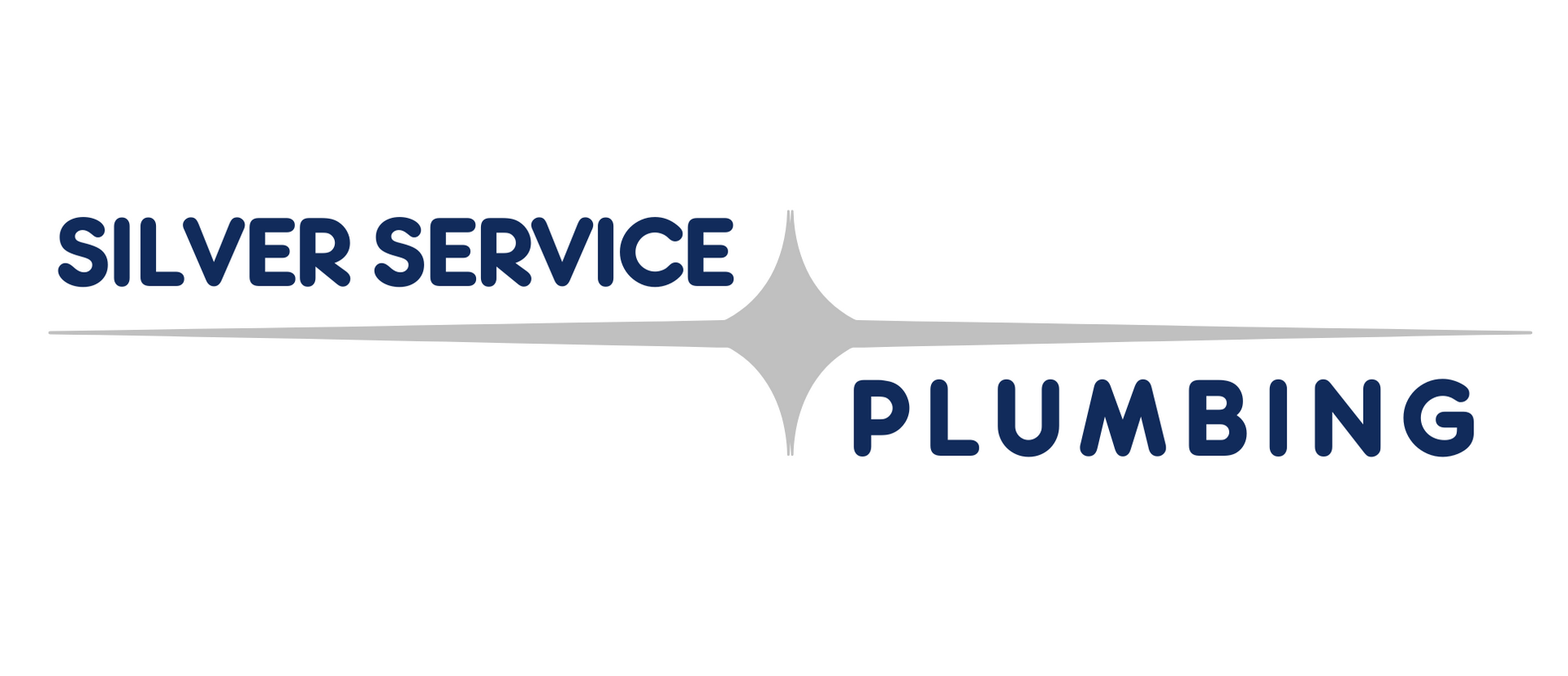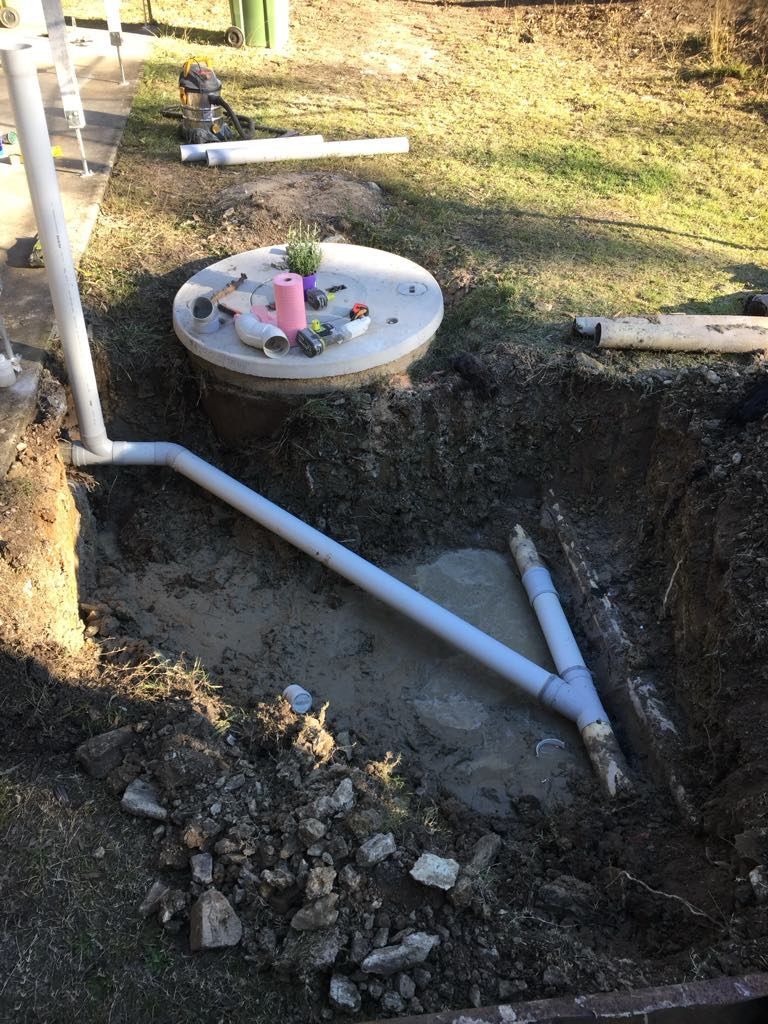Sewer Pump Wells Explained: Keeping Your Property Flowing Smoothly
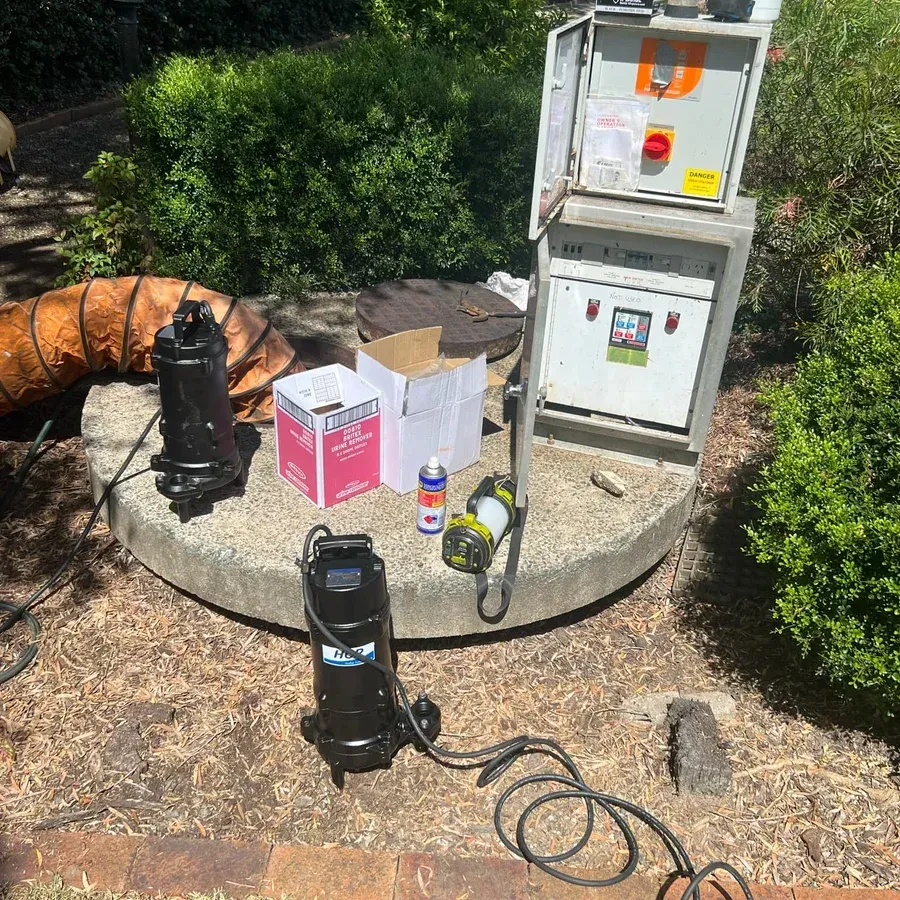
Do You Need One on Your Property?
There are specific situations where a sewer pump well is not just helpful—it’s essential. If your property is on a slope, or if your plumbing outlets (like basement bathrooms or laundry areas) are lower than the main drain, you’ll need a pump system to get the waste to the street sewer.
Other common scenarios in Australia include:
- Rural properties not connected to mains sewer systems.
- Commercial or industrial buildings with extensive plumbing networks.
- Stormwater management plans requiring controlled discharge.
If you're unsure, a local plumber can inspect your site and recommend the right solution—especially if you're searching for sewer repair near me in emergencies.
Benefits of Sewer Pump Wells
Sewer pump wells offer several practical advantages for both residential and commercial setups:
1. Enables Proper Drainage
Without a pump system, water and waste from lower levels could stagnate or back up into your property. A well-sized and well-maintained pump keeps everything flowing in the right direction.
2. Protects Against Flooding
In areas with frequent heavy rain (common in parts of Queensland and New South Wales), these systems can prevent overflows and protect indoor areas.
3. Extends Plumbing Capability
They allow you to add fixtures or renovate parts of the property that would otherwise be limited by gravity-based plumbing.
Installation Considerations
Installing a sewer pump well isn’t just about digging a hole and plugging in a pump. It requires careful planning and must comply with Australian Plumbing Standards.
Key factors to consider include:
- Size of the system – based on household or business needs.
- Type of pump – submersible vs. grinder, depending on the volume and type of waste.
- Site and soil conditions – stability, groundwater levels, and drainage risks.
- Council regulations – permits and compliance are non-negotiable in most regions.
Hiring an experienced plumber is crucial for correct installation and to avoid needing sewer pipe repair soon after setup.
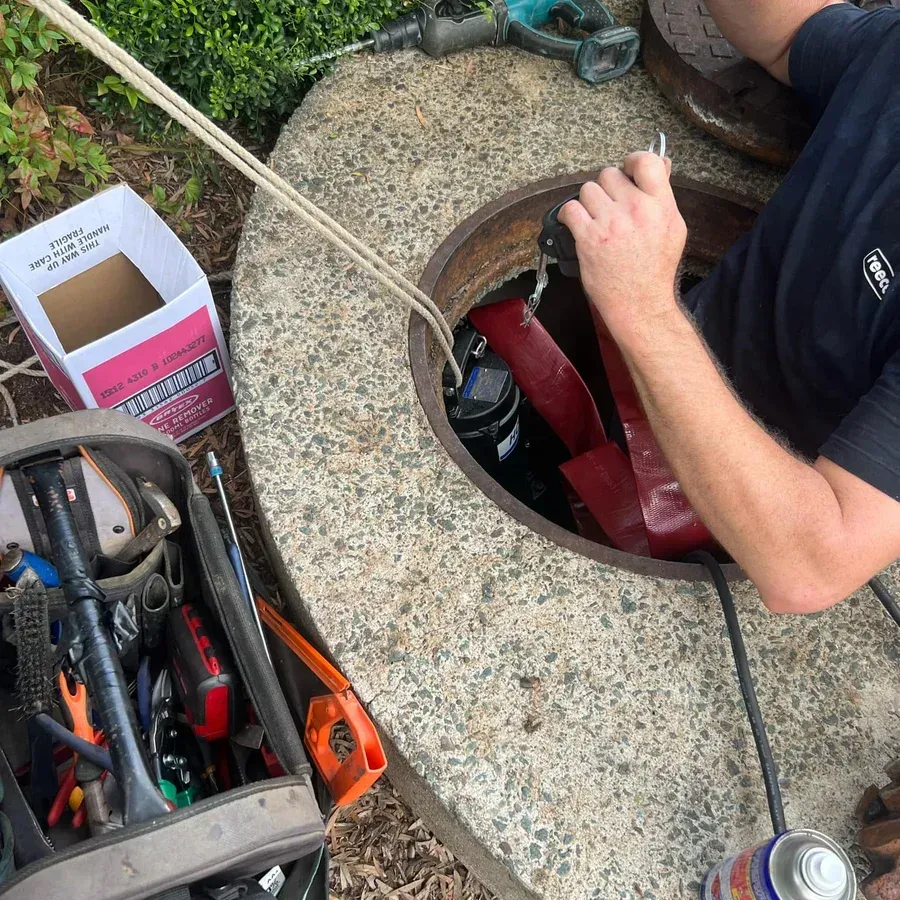
Maintenance Tips for Long-Term Use
Like any plumbing system, sewer pump wells require occasional upkeep. Regular maintenance can help prevent system failures and avoid emergency sewer repair calls.
Routine checks should include:
- Cleaning the pit and pump
- Testing float switches
- Ensuring the alarm system works
- Inspecting for blockages or odours
Even if everything appears to be running smoothly, it’s a good idea to have a plumber service the system annually—especially if you live in areas with high sediment or tree root invasion risks.
Common Problems and Fixes
Some of the most frequent issues that arise with sewer pump wells include:
- Pump not activating – could be due to a faulty switch or blown fuse.
- Odours – might mean stagnant water or clogged venting.
- Alarm going off – typically signals high water level or a mechanical failure.
Addressing these early can save you from more extensive (and expensive) sewer pipe repair work down the line.
Compliance and Standards in Australia
Sewer pump wells in Australia must meet the AS/NZS 3500 Plumbing and Drainage Standards. Each state or territory may also have specific codes and guidelines, especially regarding backflow prevention, discharge rates, and pump capacity.
Hiring a licensed plumber ensures:
- Proper compliance with regulations
- Quality materials and workmanship
- Valid warranties and certificates
This is especially important for new builds, commercial developments, and any property upgrades requiring council inspections or certifications.
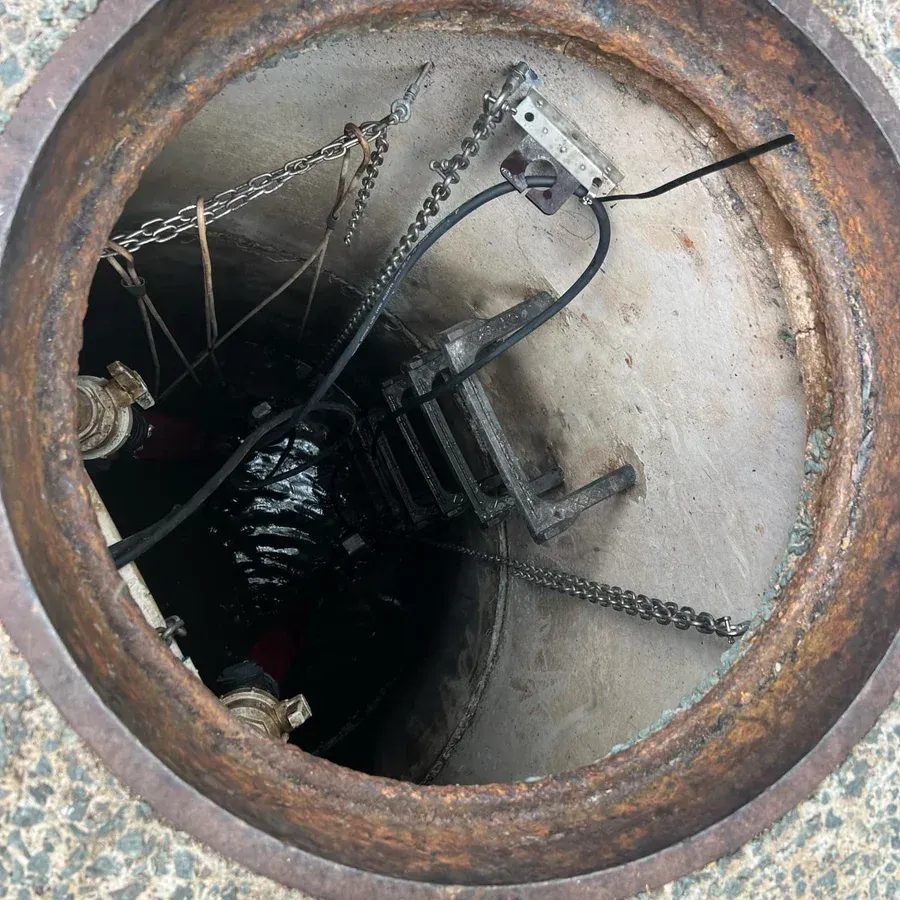
Final Thoughts
Sewer pump wells are a smart and necessary solution for a variety of Australian properties. They help maintain consistent wastewater flow, protect homes and businesses from flooding, and expand your options for renovation and design.
If you're dealing with frequent drain issues, considering an extension, or searching for sewer repair near me, a properly installed and maintained pump system can be a game-changer.
For peace of mind, always consult a qualified local plumber—someone who understands the specific challenges of your area and can tailor a solution that keeps your property flowing smoothly.
